Blogs & News
We are focus on automotive wiring harness & connectors technology.
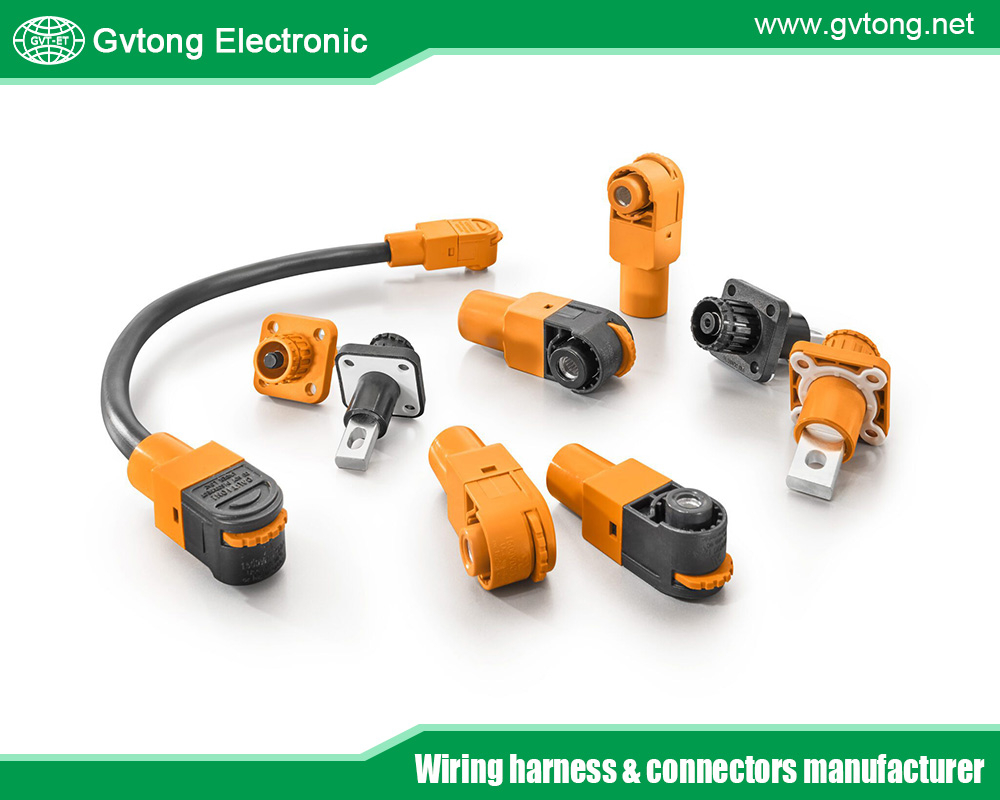
Reasons for Using 4-Wire Pigtail Connectors for Trailer Lights
- Gvtong Electronic
- 4-wire pigtail connectors, 4-wire pigtail connectors campany, 4-wire pigtail connectors factory, 4-wire pigtail connectors manufacturer, 4-wire pigtail connectors supplier, 4-wire pigtail connectors system, 48V board net connectors, Automated assembly connectors, automotive antenna connector, automotive coaxial connector, automotive data connector, automotive diagnostic connector, Automotive high - frequency connector, automotive hybrid connector, automotive optical fiber connector, automotive power distribution, Automotive power distribution connector, automotive power distributionautomotive high - frequency, automotive vibration - resistant, Automotive vibration - resistant connector, automotive waterproof connectors, Automotive-grade AEC-Q200 connectors, Cost-effective automotive connectors, Halogen-free automotive connectors, Multi-variation connectors, Recyclable material connectors, Redundant safety connectors, Thermal management connectors, Wireless charging connectors
- No Comments
Reasons for Using 4-Wire Pigtail Connectors for Trailer Lights
When towing a trailer, ensuring proper lighting is not just a matter of convenience—it’s a legal requirement and a critical safety feature. Trailer lights communicate essential signals to other drivers, such as braking, turning, and visibility in low-light conditions. One of the most common and reliable methods for connecting trailer lights to a tow vehicle is through a 4-wire pigtail connector. This article explores the reasons why 4-wire pigtail connectors are widely used for trailer lights, delving into their design, functionality, advantages, and practical applications.
What Is a 4-Wire Pigtail Connector?
A 4-wire pigtail connector is a wiring harness used to connect a trailer’s lighting system to the electrical system of a tow vehicle. It typically consists of four wires, each serving a specific function: one for ground, one for running lights (tail lights, marker lights), one for the left turn signal and brake light, and one for the right turn signal and brake light. The “pigtail” refers to the short length of wires that extend from the connector plug, allowing for easy connection to the trailer’s wiring.
This type of connector is commonly used for smaller trailers, such as utility trailers, boat trailers, and lightweight cargo trailers. Its simplicity, reliability, and versatility make it a go-to choice for many towing applications. Below, we outline the key reasons why 4-wire pigtail connectors are preferred for trailer lights.
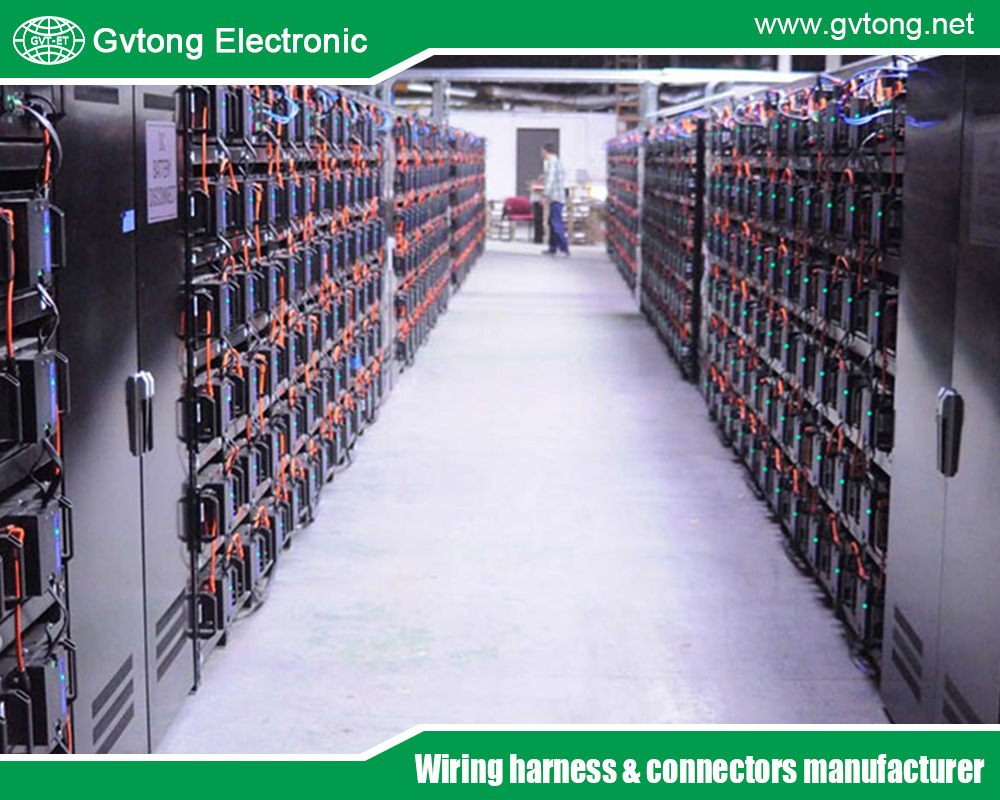
Simplicity and Ease of Installation
One of the primary reasons for using 4-wire pigtail connectors is their straightforward design, which makes installation and maintenance accessible to both professionals and DIY enthusiasts. Unlike more complex wiring systems, such as 6- or 7-wire connectors used for larger trailers with additional functions (e.g., electric brakes or auxiliary power), the 4-wire system is minimalistic yet effective.
- Fewer Wires, Less Complexity: With only four wires to manage, the 4-wire pigtail reduces the likelihood of wiring errors. Each wire has a clearly defined purpose, making it easier to connect the trailer to the tow vehicle correctly.
- Plug-and-Play Design: Most 4-wire pigtail connectors come with a flat, four-pin plug that mates with a corresponding socket on the tow vehicle. This plug-and-play setup eliminates the need for complex tools or extensive electrical knowledge.
- DIY-Friendly: For trailer owners who prefer to handle their own maintenance, the 4-wire pigtail is easy to install or replace. Basic tools like wire strippers, crimpers, and electrical tape are often sufficient for the job.
The simplicity of the 4-wire system reduces installation time and minimizes the risk of errors, making it an ideal choice for small to medium-sized trailers.
Cost-Effectiveness
Affordability is a significant factor in the widespread use of 4-wire pigtail connectors. These connectors are relatively inexpensive compared to more complex wiring systems, making them an economical choice for trailer owners on a budget.
- Low Material Costs: The 4-wire pigtail requires fewer materials than connectors with additional wires, which keeps manufacturing costs down. This savings is passed on to consumers, making 4-wire pigtails an affordable option.
- Widely Available: Due to their popularity, 4-wire pigtail connectors are readily available at automotive stores, online retailers, and trailer supply shops. This availability ensures competitive pricing and easy access to replacements.
- Minimal Maintenance Costs: The durability and simplicity of 4-wire pigtails mean they require minimal maintenance. When issues arise, such as corrosion or wire damage, repairs are inexpensive and straightforward.
For budget-conscious trailer owners, the 4-wire pigtail connector offers a cost-effective solution without compromising functionality.
Compatibility with a Wide Range of Trailers
The 4-wire pigtail connector is a standard choice for many types of trailers, making it highly versatile. It is compatible with a variety of tow vehicles and trailer types, including:
- Utility Trailers: Commonly used for hauling equipment, landscaping materials, or other cargo, utility trailers typically require only basic lighting functions, which the 4-wire system supports.
- Boat Trailers: Many boat trailers use 4-wire pigtails because they provide reliable lighting for launching and transporting boats, even in wet environments.
- Small Cargo Trailers: Lightweight cargo trailers, such as those used for moving or recreational purposes, often rely on 4-wire connectors for their simplicity and compatibility.
- Recreational Trailers: Small camping or recreational trailers that don’t require advanced electrical systems can use 4-wire pigtails effectively.
The 4-wire pigtail’s widespread use across these trailer types ensures that tow vehicle owners can connect to various trailers without needing specialized adapters or additional wiring.
Reliability in Harsh Conditions
Trailers are often exposed to harsh environmental conditions, such as rain, snow, road salt, and UV radiation. The 4-wire pigtail connector is designed to withstand these challenges, ensuring reliable performance over time.
- Weather-Resistant Design: Many 4-wire pigtail connectors feature weatherproofing, such as sealed plugs or corrosion-resistant materials, to protect against moisture and debris. This is particularly important for boat trailers, which are frequently submerged in water during launching.
- Durable Materials: The wires and connectors are typically made from durable materials like copper (for conductivity) and PVC or rubber insulation (for protection). These materials resist wear and tear from vibration, heat, and exposure to the elements.
- Secure Connections: The flat, four-pin plug design ensures a secure connection between the trailer and tow vehicle, reducing the risk of intermittent electrical issues.
The reliability of 4-wire pigtail connectors makes them a trusted choice for trailer owners who need consistent lighting performance in diverse conditions.
Compliance with Legal Requirements
Trailer lighting is subject to strict regulations in many countries, including the United States, where the Department of Transportation (DOT) sets standards for vehicle lighting. The 4-wire pigtail connector meets these requirements for most small to medium-sized trailers by providing the essential lighting functions:
- Tail Lights: The running light wire powers tail lights and marker lights, ensuring the trailer is visible from behind in low-light conditions.
- Turn Signals: Dedicated wires for left and right turn signals allow the trailer to communicate directional changes to other drivers.
- Brake Lights: The same wires that control turn signals also activate brake lights, alerting drivers behind the trailer when the tow vehicle is slowing down or stopping.
By providing these critical functions, the 4-wire pigtail ensures compliance with legal standards, helping trailer owners avoid fines and enhance road safety.
Easy Troubleshooting and Repairs
When electrical issues arise with trailer lights, diagnosing and fixing the problem is often easier with a 4-wire pigtail connector due to its simple design.
- Fewer Components to Check: With only four wires, troubleshooting is more straightforward than with systems that have additional wires for functions like electric brakes or auxiliary power.
- Common Issues Are Easy to Identify: Common problems, such as a loose ground connection, corroded plug, or damaged wire, can be quickly identified using a multimeter or test light.
- Readily Available Replacement Parts: Because 4-wire pigtails are a standard component, replacement connectors, plugs, and wiring kits are widely available and inexpensive.
The ease of troubleshooting and repairing 4-wire pigtail connectors minimizes downtime and ensures that trailer lights remain functional.
Flexibility for Customization
While the 4-wire pigtail is a standard system, it offers flexibility for trailer owners who want to customize their lighting setup. For example:
- Adding Additional Lights: The running light wire can power additional marker lights or auxiliary lighting, such as LED strips, to enhance visibility or aesthetics.
- Upgrading to LED Lights: Many trailer owners upgrade to LED lights for their energy efficiency and brightness. The 4-wire pigtail is compatible with both incandescent and LED lighting systems, requiring no modifications.
- Adapters for Compatibility: If a tow vehicle has a different connector type (e.g., a 7-pin round connector), adapters are available to bridge the gap, allowing the 4-wire pigtail to work with a variety of vehicles.
This flexibility makes the 4-wire pigtail a versatile choice for trailer owners who want to tailor their lighting system to specific needs.
Energy Efficiency
The 4-wire pigtail connector is designed to handle the electrical load of basic trailer lighting systems efficiently. This is particularly important for tow vehicles with limited electrical capacity.
- Low Power Draw: The 4-wire system typically supports low-wattage incandescent bulbs or energy-efficient LEDs, reducing the strain on the tow vehicle’s electrical system.
- No Need for Additional Power Sources: Unlike larger trailers that require auxiliary power for electric brakes or interior lights, the 4-wire pigtail relies solely on the tow vehicle’s battery, simplifying the setup.
This energy efficiency ensures that the tow vehicle’s electrical system is not overburdened, maintaining reliable performance for both the vehicle and trailer.
Industry Standard for Small Trailers
The 4-wire pigtail connector has become an industry standard for small trailers due to its widespread adoption by manufacturers and trailer owners. This standardization offers several benefits:
- Universal Compatibility: Most tow vehicles in the United States are equipped with a 4-pin flat connector socket, making it easy to connect a trailer with a 4-wire pigtail.
- Interchangeable Parts: Because the 4-wire system is so common, parts like plugs, sockets, and wiring harnesses are interchangeable across different brands and trailer models.
- Established Best Practices: The prevalence of 4-wire pigtails means that there is a wealth of knowledge, tutorials, and resources available for installation, maintenance, and troubleshooting.
The status of the 4-wire pigtail as an industry standard ensures that it remains a reliable and practical choice for trailer lighting.
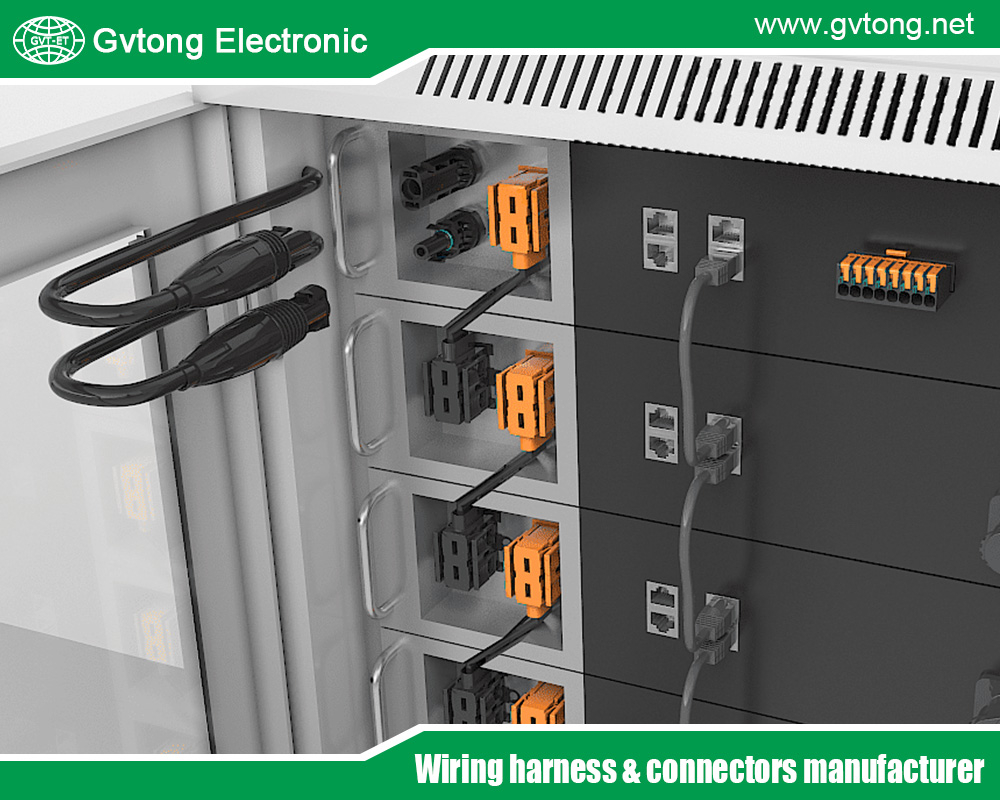
Safety Benefits
Above all, the 4-wire pigtail connector contributes to road safety by ensuring that trailer lights function correctly. Proper lighting reduces the risk of accidents by making the trailer visible and its intentions clear to other drivers.
Clear Communication: The turn signal and brake light functions allow the trailer to mirror the tow
For more about reasons for using 4-wire pigtail connectors for trailer lights, you can pay a visit to Gvtong at https://www.gvtong.net/ for more info.
Recent Posts
How to Diagnose and Repair Automotive Signal Connector Failures
How to Install and Maintain Low Pressure Automotive Connectors
Heat Shrink vs. Crimp: Choosing the Right 12V Car Wire Connector
Best 12V Automotive Wire Connectors for Reliable Electrical Connections
Tags
Recommended Products
-
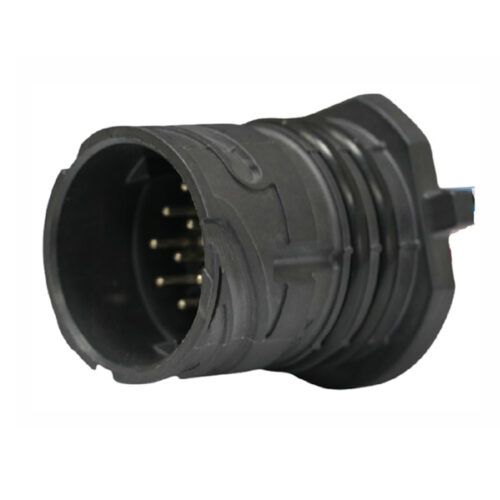
GE Series-16-core cylinder connector
-
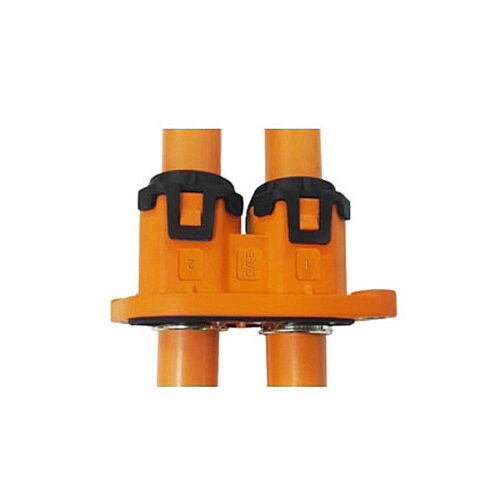
Automotive 2-Core Plastic Via Connector Automotive Connector 2 Pin 2.8mm 23A Straight Socket Plastic Shell
-
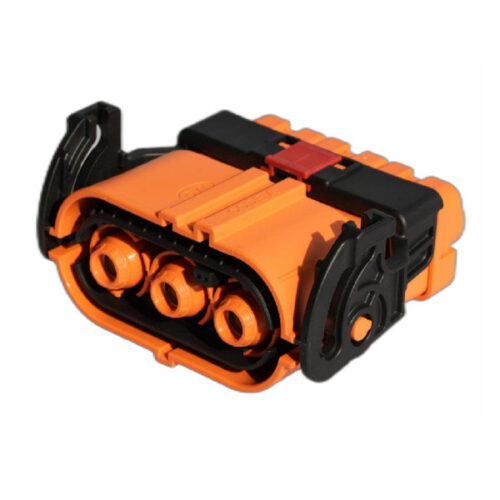
GH800 Series-3-core plastic high voltage connector
-
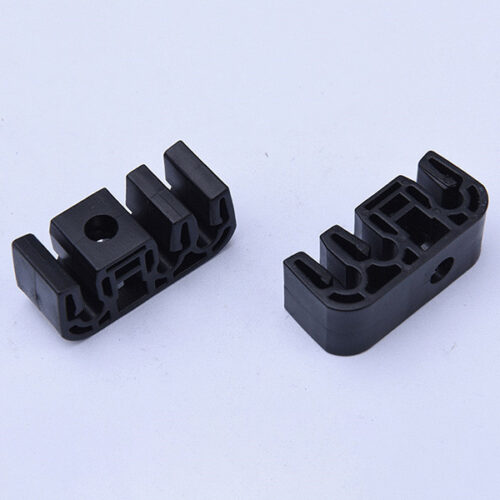
Automotive injection molded parts
-
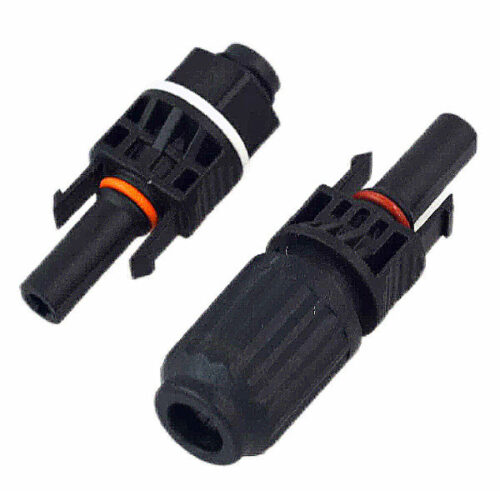
GH-Photovoltaic Connector-Plug
-
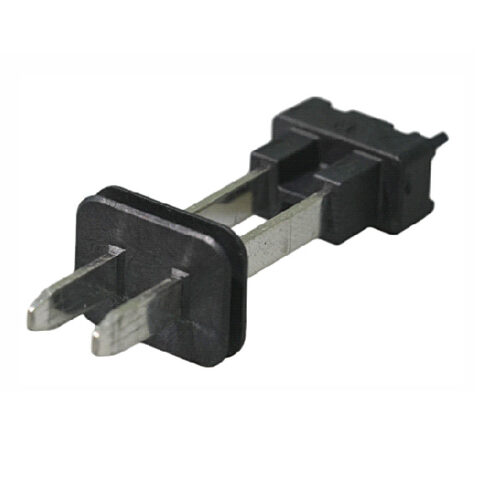
GE Series-WTB 2pin Connector Plug
-
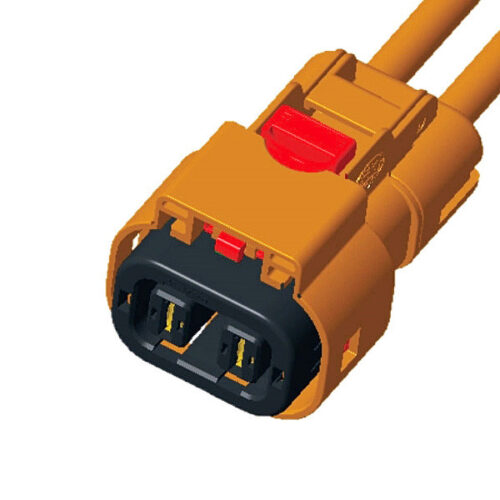
Connector plug+socket-GH630 series-2P
-
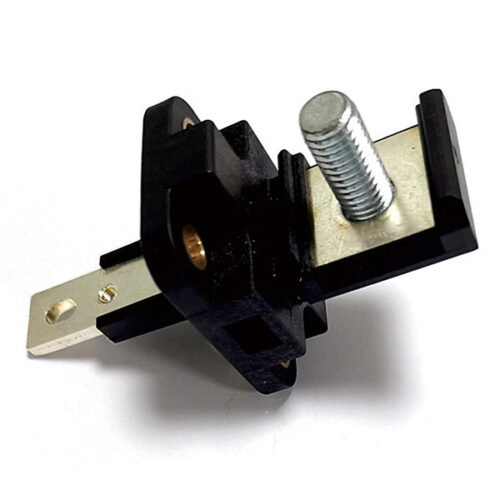
DCDC wall-through terminal
